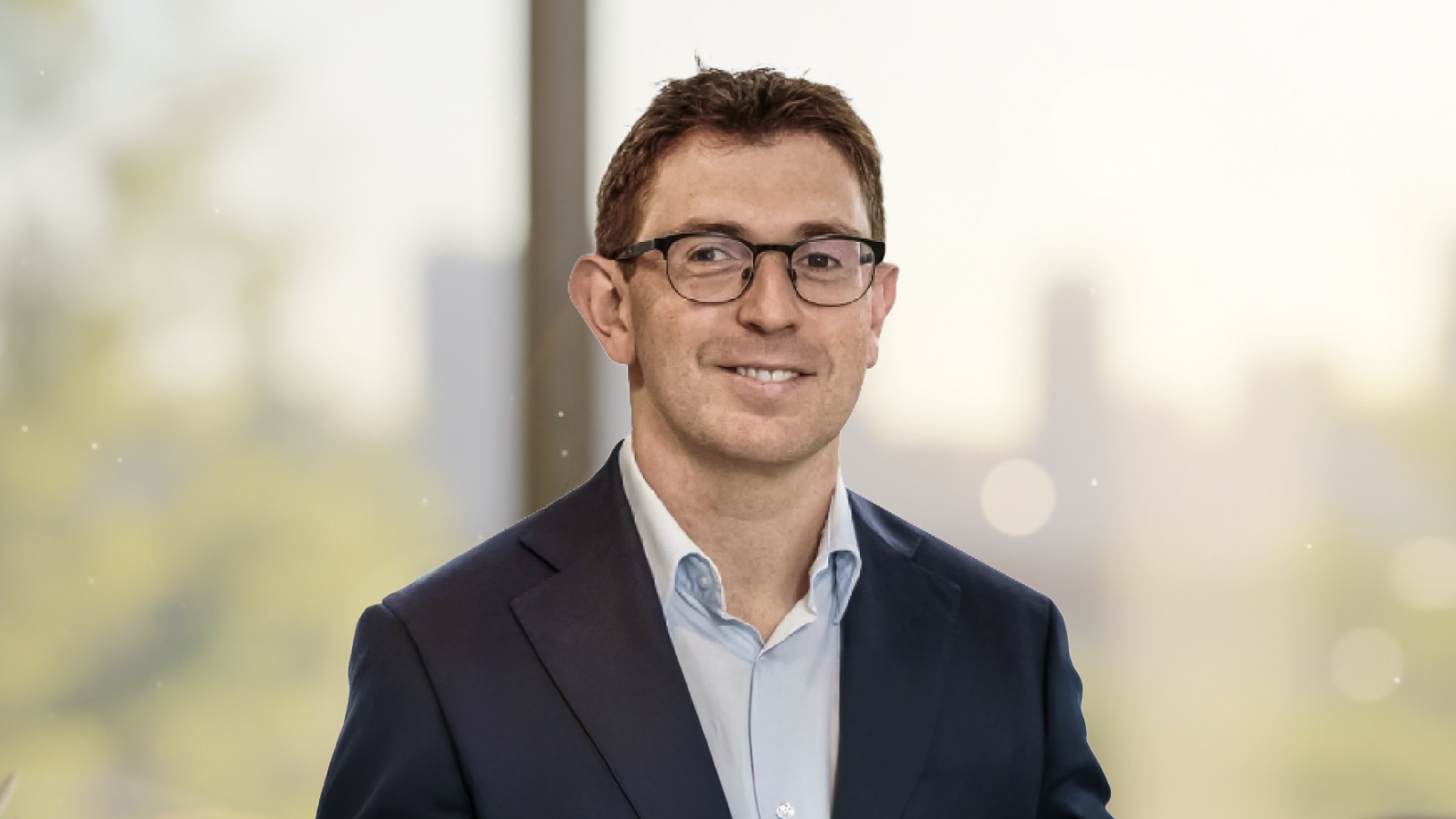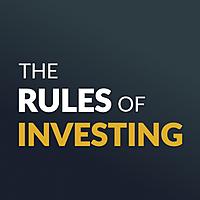Lev Margolin's four-step process for finding structural winners

In a market that seems to change its mind daily, it’s easy to be distracted by the next big theme. From AI to crypto to small-cap rallies, there’s always a new story commanding attention. But for Lev Margolin, founder and CIO of System Capital, the focus is far longer term.
By concentrating on businesses that will be structurally stronger in five years’ time, Margolin has built a strategy that’s delivered 22.2% per annum since its inception in 2022 - without chasing the latest fad or headline.
“What we’re trying to do is identify companies that aren’t just good businesses today, but that will be fundamentally better businesses in the future,” says Margolin. “That’s where the real alpha comes from.”
Margolin’s early experiences working at L1 Capital shaped much of his philosophy. He joined L1 in 2009 when it was still a small long-only manager working alongside co-founders Raff Lamm and Mark Landau. His 14 year tenure at L1 instilled in him the value of disciplined research and a pure focus on process.
“At L1, the alpha was always in the detail,” he recalls. “The regulatory report you read that others ignored, the extra industry analysis that built conviction - those are the insights that give you the confidence to hold a position longer or time your entry better.”
In this episode of The Rules of Investing, Margolin explains the four-step framework System Capital uses to identify structural winners, where he’s finding value in a hot market and four companies he believes will be stronger five years from now.
Listen by clicking on the player or reading a summary below.
A framework built around one important question
System Capital’s investment framework is built around a simple but powerful question: will this business be structurally stronger in five years’ time?
Every potential investment must pass through a four-part checklist designed to assess that structural trajectory. Margolin describes it as a disciplined, repeatable process that keeps the team focused on the right attributes.
- Customer strength – Does the business deliver more value to its customers over time?
- Supplier relationships – Is it improving its position within the supply chain?
- Regulatory environment – Are the rules likely to stay supportive?
- Social licence – Will society still accept and value the business in five years?
This lens drives everything the strategy does, both long and short. On the long side, it identifies the businesses compounding structural advantages. On the short side, it helps pinpoint those at risk of structural weakening - mature companies being disrupted by new technologies or changing industry dynamics.
“If all four of those elements are improving - customers, suppliers, regulation, and social licence - then by definition your competitors are getting weaker. That’s what underwrites long-term alpha.”
Finding value in quieter parts of the market
While some investors are drawn to fast-moving themes like AI and crypto, Margolin prefers the quieter, cash-generative parts of the market where structural strength builds predictably over time. He calls it investing through a cashflow lens.
System Capital’s universe stretches across industrials, infrastructure, and technology, but every position must have two defining features: a minimum 14% internal rate of return and a clear path to being structurally stronger in five years’ time.
A good example is Ferrovial (BME: FER), the Spanish-listed toll road operator that owns assets in the US and Canada. Its concessions stretch out for decades, with limited regulatory caps on pricing. “They’re not sexy businesses,” Margolin says, “but they give us high conviction in predictable earnings and a structurally stronger asset base over time.”
That same thinking extends into what he calls digital infrastructure - technology businesses that form the backbone of the digital economy. Here, he’s looking for data-rich networks that become more valuable as they grow. Equifax (NYSE: EFX), for example, has built The Work Number, a vast employment and income database now used by banks, mortgage brokers, and US state governments.
“Each new record makes the network stronger,” Margolin explains. “It’s a perfect example of compounding structural advantage.”
The team also seeks out what they term hidden value - businesses with strong underlying franchises but obscured potential. Schibsted (OSE: SCHA), the Nordic classifieds group, was one such investment. When System Capital first took a position, it was burdened by legacy media assets. As those were sold and the business refocused on digital classifieds, its true worth was unlocked.
In each case, the common thread is structural improvement and the ability to grow cashflows, deepen moats, and emerge stronger through time.
Navigating a hype-driven Market
In an environment dominated by artificial intelligence and speculative rallies, System Capital’s approach remains grounded. Margolin acknowledges the transformative potential of AI but warns that not every company linked to the theme will emerge a winner.
“The AI trade has spread well beyond the Mag Seven,” he observes. “You’ve now got power generators, hardware builders, software businesses being caught up in it. But underwriting those businesses on a five-year view is very difficult.”
By focusing on companies with tangible cashflows and clear pathways to structural improvement, he aims to deliver steady outperformance without chasing the froth.
“We’re not trying to call the end of the cycle,” he says. “We’re just doing what we’ve always done - working out how business ecosystems are evolving and how that flows through to cashflows.”
If there are winners, there must also be losers
Running a short book in a bull market is never easy, but Margolin insists it adds both protection and opportunity. System Capital’s short positions are typically around 20% of the portfolio, focused on companies facing structural decline and in mature industries where new technologies are eroding the economics.
One example is Europe’s traditional satellite operators, once steady cashflow generators selling bandwidth to broadcasters. “Elon Musk’s Starlink and other low-orbit constellations have completely changed the economics,” Margolin notes. “Prices for data are down 15 to 20% a year, and the old models just don’t work.”
By avoiding valuation-driven shorts and concentrating on clear fundamental deterioration, System Capital has managed to generate absolute attribution from the short book since inception - a rare feat in rising markets.
Focus on cashflows, not stories
When asked what investors often get wrong about markets today, Margolin’s answer is measured. He doesn’t believe the market is necessarily wrong, just that it’s easy to get caught up in short-term narratives.
“It’s so hard to know if it’s different this time,” he says. “That’s why we come back to first principles. We focus on cashflows, not stories.”
And if markets were to shut for five years? His pick is Cellnex (BME: CLNX), a European cell tower operator with long-term contracts and CPI-linked revenue growth.
“You don’t need to make many guesses about the world to know it’ll be a stronger cashflow generator in five years,” he says.
That sentiment captures System Capital’s philosophy: steady compounding, structural resilience, and deep, detail-driven research.
Learn more
System Capital is a global absolute return manager focused on companies with strong and growing cashflows and a strengthening competitive position. To learn more about Lev and the team, please visit their website or fund profile below.
1 contributor mentioned


